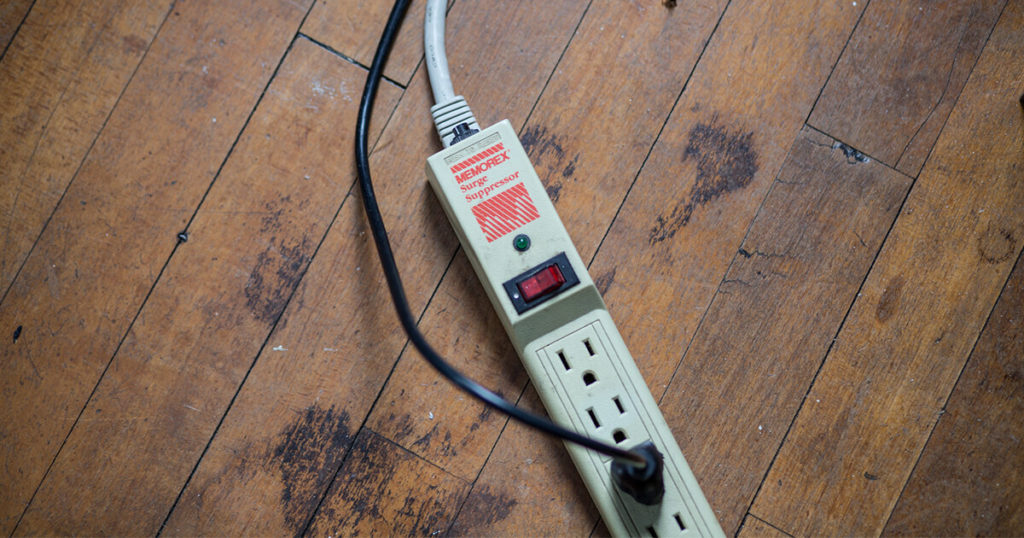
I never wanted a cell phone, but then someone offered their extra to me. I was sometimes on the road with my young kids, and having the means to call for help seemed like a good idea, so I accepted the phone. But it was a cell phone, not a smart phone, and according to friends who thought text messages passé and computer email practically stone-age, I was still ill-equipped for life.
The only person further behind was my mother, who still relied on a landline. She had, however, acquired an iPad without entirely welcoming the device into her life. But it meant we could email, which was a great advance, certainly, and I was glad she’d given in and accepted the modern fate. I have an iPad too, now. But a smart phone—that was another matter. I didn’t wish one on her and I didn’t want one for myself. Besides, I already had a cell and didn’t need a second one, certainly not, though I loved David Sedaris for dreaming with his mother of a second home. They practiced how to say it: “My home—well, one of my homes.”
But my best friend had her own ideas, and this past Christmas she gave me a smart phone, so now I have a new phone with a new number for the express purpose of answering my friend’s WhatsApps, instead of sending emails and burdening her with opening an application she would otherwise never use. I understand. When mail was invented, who continued to send messages by pigeon? And who maintained a dovecote for a friend’s eccentricities?
When my kids were first using phones, it was not Facebook they used but Tuenti, the Spanish alternative. That gave way to Instagram and WhatsApp. The boys would sprawl around the house, phone in hand, checking whatever it is you must check. Eventually they’d have to plug their phones in, and they’d do it in the kitchen sometimes, or beside the sofa, or in their own rooms, and this lack of procedure bothered me, the way their leaving toys about had in bygone days. Plus, the phone balanced on the arm of the sofa was at risk, and the dropped and cracked phones also bothered me.
I had no protective plastic case for my new phone, but I made a pretty little padded pouch, like a mini sleeping bag. This new phone, the smart one, is unlike my cell phone, which I rarely used and never plugged in more than once a week, if that. This new phone, though I pick it up four times a day at most, still runs down and needs a charge. So rather than charging here and there all over the house as the boys do, I’ve set up a recharge station in my study, with a spot for each device and the cord coiled next to it, and a socket for each adaptor. Very hi-tech, it strikes me, very modern. Were it not for their batteries I might put one or the other away and forget about it, but like babies in need of a regular feeding, they must be checked on and tended to. I enjoy this. I glance toward the recharge station to remind myself what’s there, nudging at the power strip like an animal at a trough. I sigh with satisfaction. All’s right because my phone is recharging. One of my phones.

